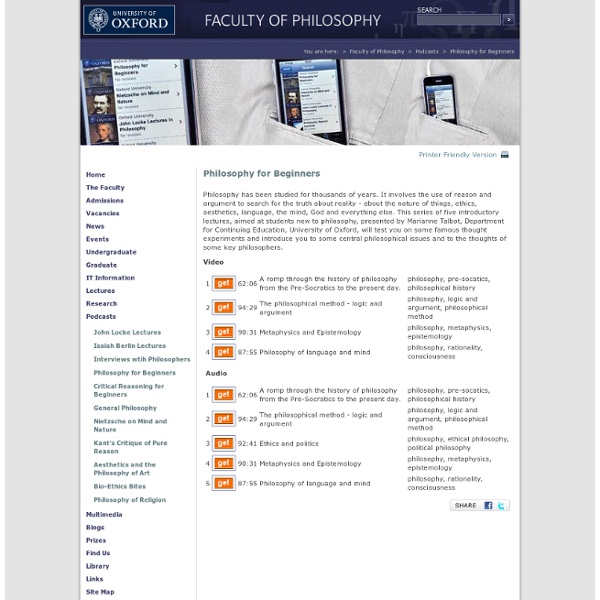



La sociedad del aprendizaje / Cisco Hacia una sociedad del aprendizaje / John Chambers Presidente y CEO de Cisco Systems, Inc. Desde hace mucho tiempo, tengo la convicción de que la educación y la tecnología son los dos pilares de la igualdad en la vida. Esta nueva etapa de Internet —con la Web 2.0 y la colaboración— ofrece una visión de lo que se puede hacer. Esa convicción se intensifica en momentos en que la visión comienza a tomar forma al hacer posible la colaboración, eliminar las barreras en todo el mundo y permitir el acceso a la información en cualquier momento y lugar. El aprendizaje es esencial para el futuro del mundo. Es cierto que optimizar la eficacia de los sistemas educativos tradicionales para maximizar el valor que podemos obtener de ellos es un elemento crucial de cualquier estrategia para avanzar. Debemos adoptar nuevos enfoques procedentes de fuentes no tradicionales y fomentar una colaboración auténtica y abierta de los sectores público, privado y sin fines de lucro. Acceder 1ro de diciembre de 2011
Paul Virilio Paul Virilio (born 1932) is a French cultural theorist and urbanist. He is best known for his writings about technology as it has developed in relation to speed and power, with diverse references to architecture, the arts, the city and the military. Biography[edit] Since 1998, Virilio is only teaching intensive seminars at European Graduate School.[1] His latest projects involve working with homeless groups in Paris and building the first Museum of the Accident. Theoretical arguments[edit] The war model[edit] Virilio's predictions about 'logistics of perception' - the use of images and information in war - (in War and Cinema, 1984) were so accurate that during the Gulf War he was invited to discuss his ideas with French military officers. The integral accident[edit] Virilio believes that technology cannot exist without the potential for accidents. Dromology[edit] ‘Dromos’ is the Greek noun for road, but Virilio takes it to mean the activity of race (Virilio 1977:47). War of movement[edit]
Slavoj Zizek Slavoj Žižek, Ph.D., is a senior researcher at the Institute of Sociology, University of Ljubljana, Slovenia, and a visiting professor at a number of American Universities (Columbia, Princeton, New School for Social Research, New York University, University of Michigan). Slavoj Žižek recieved his Ph.D. in Philosophy in Ljubljana studying Psychoanalysis. He also studied at the University of Paris. Slavoj Žižek was born into a family of average wealth, his father Jože Žižek grew up in eastern Slovenia and worked in economics. The Marxist Slovenian philosopher Božidar Debenjak was an early influence on Slavoj Žižek. Slavoj Žižek was hired at the University of Ljubljana in 1971 where he worked as an assistant researcher. Slavoj Žižek wrote the introduction to John Lee Carre and G.K. Slavoj Žižek became widely recognized as an important theorist of contemporary times with the publication of The Sublime Object of Ideology, his first book to be written in English, in 1989.
Ludwig Wittgenstein 1. Biographical Sketch Wittgenstein was born on April 26, 1889 in Vienna, Austria, to a wealthy industrial family, well-situated in intellectual and cultural Viennese circles. In 1908 he began his studies in aeronautical engineering at Manchester University where his interest in the philosophy of pure mathematics led him to Frege. Upon Frege's advice, in 1911 he went to Cambridge to study with Bertrand Russell. During his years in Cambridge, from 1911 to 1913, Wittgenstein conducted several conversations on philosophy and the foundations of logic with Russell, with whom he had an emotional and intense relationship, as well as with Moore and Keynes. In 1920 Wittgenstein, now divorced from philosophy (having, to his mind, solved all philosophical problems in the Tractatus), gave away his part of his family's fortune and pursued several ‘professions’ (gardener, teacher, architect, etc.) in and around Vienna. 2. 2.1 Tractatus Logico-Philosophicus The seven basic propositions are: 3.
Libros Gratis EL ALEPH Desde su más temprana edad en India, Osho fue un espíritu rebelde e independiente, retando todas las tradiciones religiosas, sociales y políticas, e insistiendo en experimentar la verdad por sí mismo, en vez de acumular conocimientos y creencias dadas por otros. A la edad de veintiún años, el 21 de marzo de 1953, Osho alcanzó la iluminación. Hablando de sí mismo dice: "Ya no estoy buscando nada. La existencia me ha abierto todas sus puertas. Ni siquiera puedo decir que pertenezco a la existencia, porque soy una parte de ella... Cuando una flor florece, yo florezco con ella. Se graduó en filosofía con los más altos honores en la Universidad de Sagar. En el curso de su vida Osho ha hablado virtualmente sobre todo y cada aspecto del desarrollo de la consciencia humana. No pertenece a ninguna tradición: "Soy el comienzo de una consciencia totalmente nueva", ha dicho. Osho dejó su cuerpo el 19 de enero de 1990. "Continuaré siendo una fuente de inspiración para mi gente.